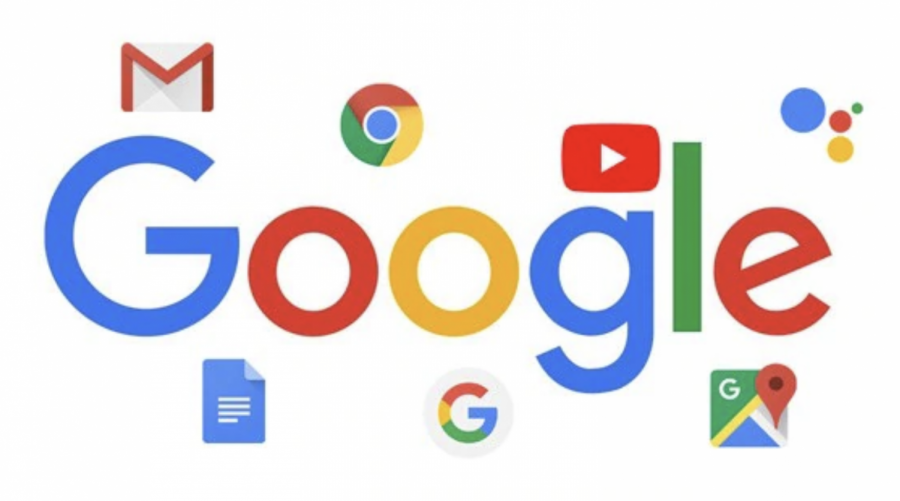Should we be scared of Google?
Photo Google
When you get home from school, you see the assignment posted on Google Classroom. You create a new Google Doc and then use Google Search to look up information. If it’s for a language class, you might even sneak in a little Google Translate.
Over the past 13 years, as districts strive to make their students technologically prepared for the modern world, Google has shifted from a potential education tool to an unmatched force in schools across the country.
According to the company, over 30 million children use Google Education apps through their schools, including Classroom, Docs and Slides, and 58 percent of devices shipped to schools are Chromebooks. However, this age of technology-based education, especially with regard to a company as huge as Google, poses entirely new risks for students.
Although Google apps themselves are not very lucrative, the company gains something much more beneficial: user loyalty. Today, it is commonplace to see Google products being used in elementary school classrooms, meaning that children are taught to rely on them for research, tests and projects during the formative years of their lives. Therefore, when these children grow up, they will continue to use the company’s products due to their early conditioning.
Essentially, the constant usage of Google products creates a situation in which education can be turned into a grounds for marketing, and people become early followers of corporations who may not have the user’s best interest in mind.
The issue of Google’s presence in schools also raises concerns about privacy. By forcing students to use the various educational apps, schools are teaching students that it is okay, even beneficial, to put everything on the ominous cloud. Simply put, Google trains students to hand over personal information and accept surveillance. Big Brother is watching, and schools are welcoming him.
Although Google claims to abide by the federal privacy standards in public schools, such as the Family Educational Rights and Privacy Act, which allows for districts to share students’ personal information with contracted companies as long as it is used for school purposes, there is a lot of gray area. The company can access where someone logs into their accounts, their age, along with all of their files on Gmail, Docs and more.
To make matters worse, Google makes it easy to transfer data from a school account to a personal account upon graduation, so information is no longer subject to these laws anymore. Additionally, as a result of this access to years of information, the company can build a more complex user profile.
Despite what people may want, we live in an age where technology is taking over much of our lives. It permeates almost every area of our existence, and corporations have extensive access to our wants, needs and history, even if we may not know it. In this changing world, perhaps one thing should remain the same in order to protect children and their futures: education free of marketing and control.

